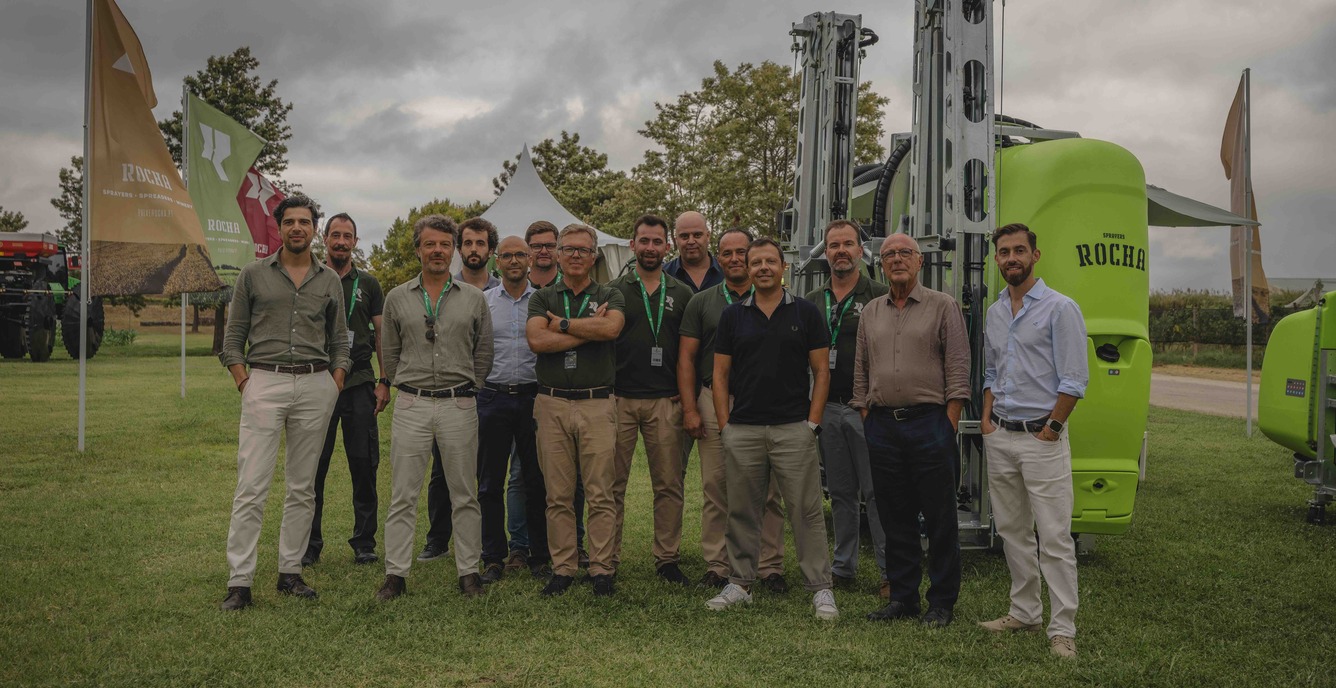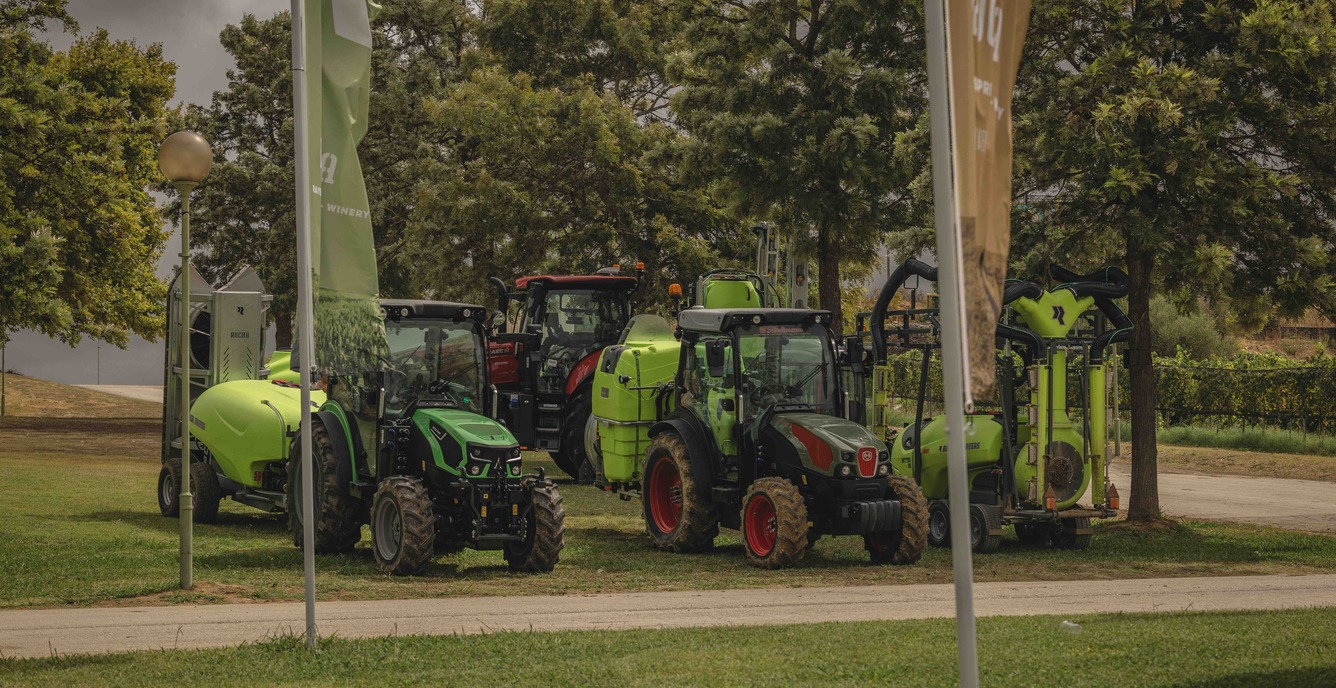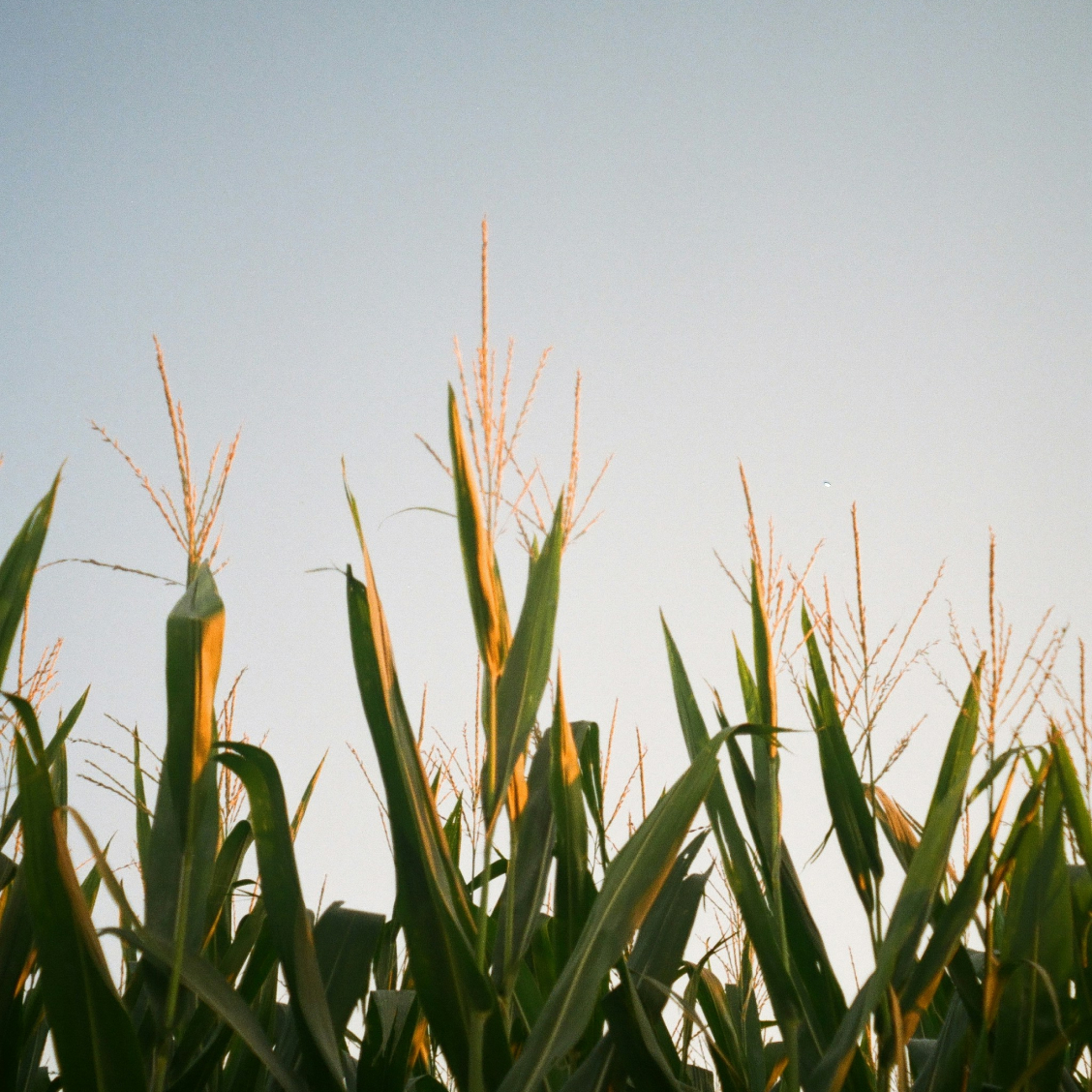Training
Small Actions with a Big Impact.

Sustainability is essentially the ability to ensure today’s resources and environmental balance without compromising the needs of future generations. It’s a well-known definition, yes, but not very useful if it isn’t translated into real-life practices. Being sustainable means rethinking routines, avoiding unnecessary waste, making more conscious choices, and adapting processes with sensitivity to the context — whether that’s a small local cooperative or a large agricultural company.
It’s not about reaching an unattainable ideal, but about recognizing that every decision has a direct impact on the environment and, consequently, on the future of agricultural activity.
Changing habits without complicating
There are many ways to implement good practices without drastically changing daily operations. One of them is reviewing the use of basic resources: reducing energy and water consumption, fixing leaks, adjusting irrigation schedules, and prioritizing more energy-efficient equipment. These are simple actions that rarely require major changes but can lead to significant environmental and operational gains over time.
Another example: investing in preventive maintenance of equipment. In addition to extending the useful life of machines, it reduces the risk of breakdowns and related losses. It also helps avoid more aggressive interventions in the surrounding environment, such as oil leaks or unnecessary emissions.
Examples that go beyond specific sectors
While some practices may have more impact in agricultural companies, many sustainable solutions apply to any organization. Process digitalization, for example, drastically reduces paper consumption and simplifies administrative tasks. Choosing local suppliers reduces the transportation footprint. Even something as basic as rethinking packaging or limiting the use of disposable plastics can bring visible short-term benefits.
In an agricultural cooperative, you can go even further by using precision technologies for more rational product application or installing rainwater harvesting systems. But the principle is the same: small, conscious decisions that, combined, create real results.
Consistency is worth more than perfection
A common mistake is thinking it only makes sense to communicate sustainable actions once an "ideal" standard is reached. In practice, this pursuit of perfection can hinder progress. Sustainability isn’t built in one single act, but through continuous and consistent decisions.
What matters most is getting started. Committing to improvement, setting realistic goals, and involving the whole team in the process. The impact of a small change repeated over time far outweighs the absence of action for fear it won’t be enough.
A competitive advantage, not a burden
In a market that is increasingly focused on companies’ environmental performance, being sustainable is also a way to gain a competitive edge. Not only by increasing customer and partner appreciation, but also by being more resilient in the face of external challenges — resource shortages, rising prices, climate change, and new legal requirements.
Adopting sustainable practices can mean greater efficiency, lower medium-term costs, and even new funding opportunities. More than a requirement, it reinforces credibility, innovation capacity, and a commitment to quality.
In conclusion
Sustainability doesn’t have to mean complication. When integrated with common sense and a long-term vision, it becomes a valuable ally in building stronger, more responsible businesses prepared for the future.
At Rocha, we believe this path begins with making the right choice every day. Because protecting the soil where we grow is protecting the future of those who work on it.


